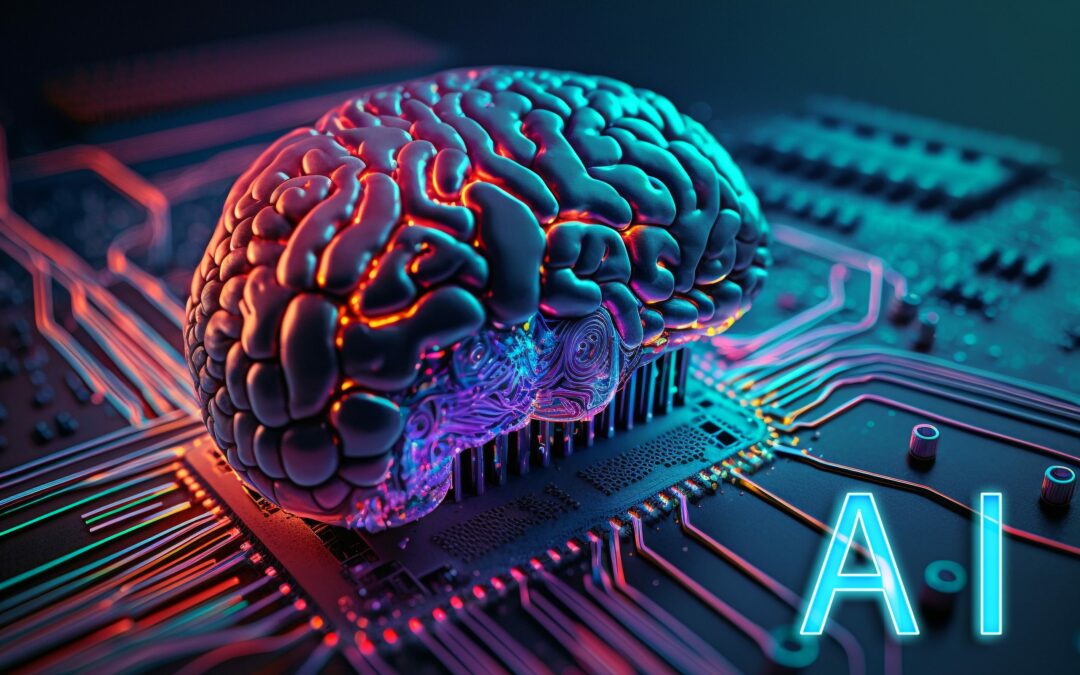With the underlying premise that those eyes are human, web designers and marketers have been considering ways to attract and retain visitors to our websites for the past 25 years. However, what occurs when agentic AI bots clog web traffic?
Think about a particular instance of the technology in use and how the web will probably change as a result: Imagine that instead of using a website like Kayak to purchase tickets for my family to Paris, my AI assistant matches my family’s calendar with available flights, finds the best discounts, and presents them to me in a matter of minutes. With the correct prompting, reasoning models, and data access rights, this is currently possible and, if it isn’t already, should soon be a consumer-ready product.
READ MORE: X Launches AI-Generated Advertising In An Attempt To Retain Advertisers
What will happen to websites when agentic AI workflows like these start to become popular? According to Gartner, by 2028:
* Agentic AI will be used in 33% of enterprise software applications, up from less than 1% in 2024.
*Twenty percent of engagements at human-readable digital stores will be replaced by AI agent machine customers.

In other words, 1 in 3 website visitors will soon come from entities that have no eyes at all. In one out of five cases, they will be buying for people, but during the sales process, there won’t be any direct human interaction or a veil of human feeling based on senses. For this reason, I believe that marketers should start making plans for the near future, when websites will have a mixed audience of AI and humans.
READ MORE: Can AI-Generated Content Be Copyrighted? A New Assessment From The US Copyright Office States…
Our adtech colleagues agree: Who will sell advertisements in a world where most people are bots avoiding their banners and interstitials? An amusing yet very real possibility is rapidly approaching: AI agents will start promoting their owners’ goods and services to other AI agents.

In any event, it is improbable that ad-supported websites will survive in the long run as they already do. However, that doesn’t necessarily portend a bleak future in which AI agents rule the internet. In fact, it might be our best chance to improve humanity.
Up until now, the focus of retail and consumer websites has been on enhancing the customer experience. Examples include using keywords to find a product to purchase, purchasing vacation tickets based on dates of choice, and so forth. However, internet user interfaces such as these will begin to disappear, or at the very least, become less prominent on the homepage of a commerce website, once bots are able to complete these activities for us considerably more rapidly (and with far less annoyance).
READ MORE: Prime Video Introduces AI-Generated Recaps For TV Series
However, this does not imply that the websites will disappear. One interesting prediction is that consumer websites will become more immersive, brand-oriented, and informational rather than transactional. A website that effectively engages the real people who are visiting it is what you want when its primary function is no longer to serve as a sales funnel.

Take the website for the New York Times as an illustration of what I mean. We’ve watched it go well beyond headlines to become a highly immersive experience that includes recipes, community comments, stunning multimedia stories, and games, even as it has emerged as an exceptional leader in online journalism in the age of AI—taking disagreements over the value of original content to courts. The goal of these iterations is to keep users on the website for longer than just reading the most recent news stories. To win the daily Wordle, nobody sends their AI agent.
In the near future, the most successful websites will likewise emphasize words—and immersive AI experiences that are word-coded—in more thorough brand narratives, blog entries, product descriptions, and other content. The AIs searching the website will require this even more than the human visitor. Text becomes even more crucial in an agentic internet since LLMs rely on words and the vector math that results from them (words are their code).

We’ve been warned that the internet will become eerily robotic as AI advances. However, based on my understanding of future trends, a lot of websites will become more aesthetically pleasing and literate.
To be clear, this does not imply that AI agents will bring about a new online utopia in the same manner as the adoption waves of social media, email, and mobile interfaces before them. We will continue to face issues with data ownership and usage rights, which will only get worse as AI agents proliferate. The internet behemoths will undoubtedly attempt to take over the tailored agent industry in the next five years, providing us with free services in a Faustian return for all of the information about our online lives.
Putting that aside, though, I view this as an opportunity to revive the spirit of the early online, when websites were incredibly eccentric reflections of their human authors and their fans. We might soon go back to places like that, if only to avoid the AI bot infestation on social media that seems to be here to stay.
Step into the ultimate entertainment experience with Radiant TV! Movies, TV series, exclusive interviews, live events, music, and more—stream anytime, anywhere. Download now on various devices including iPhone, Android, smart TVs, Apple TV, Fire Stick, and more!


